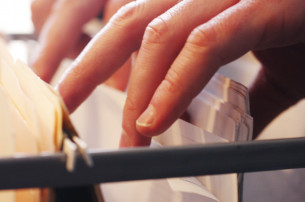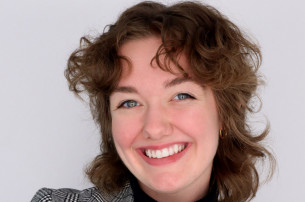Jack Barry Helps Startup Companies in Tunisia Create Social Value
By Sue Wagner, CJC Communication
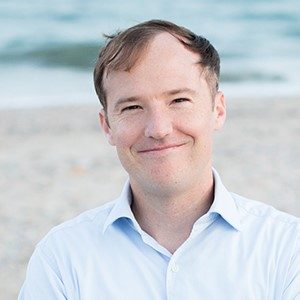
“Need a little hope in the world?” asked Jack Barry, University of Florida College of Journalism and Communications Center for Public Interest Communications post-doctoral research associate, when reflecting on a recent trip to the Medenine region in southern Tunisia. “Just look at what young social entrepreneurs are doing around the world, especially in unexpected places.” Barry found hope in far-flung Medenine, not far from the border with Libya, by working with an amazing cohort of young social entrepreneurs looking to change the world. He came back from his trip hopeful that their efforts will have the ability to create positive change in their region of the world.
Barry traveled to Tunisia as part of the STARTUPI program funded by the U.S. Embassy in Tunisia and designed to help Tunisian youth develop business startups. He originally met them online before going to Medenine, but finally meeting them in person gave him more insight into the scope of their projects and the personalities behind each entrepreneur.
As part of the program, Barry conducted trainings on how to effectively add a social value component to entrepreneurial business projects. Adding social value can include making one’s business more environmentally sustainable and/or focusing one’s business on helping vulnerable populations. Barry’s trainings also included how to best market the social value that the business provides to more interested audiences.
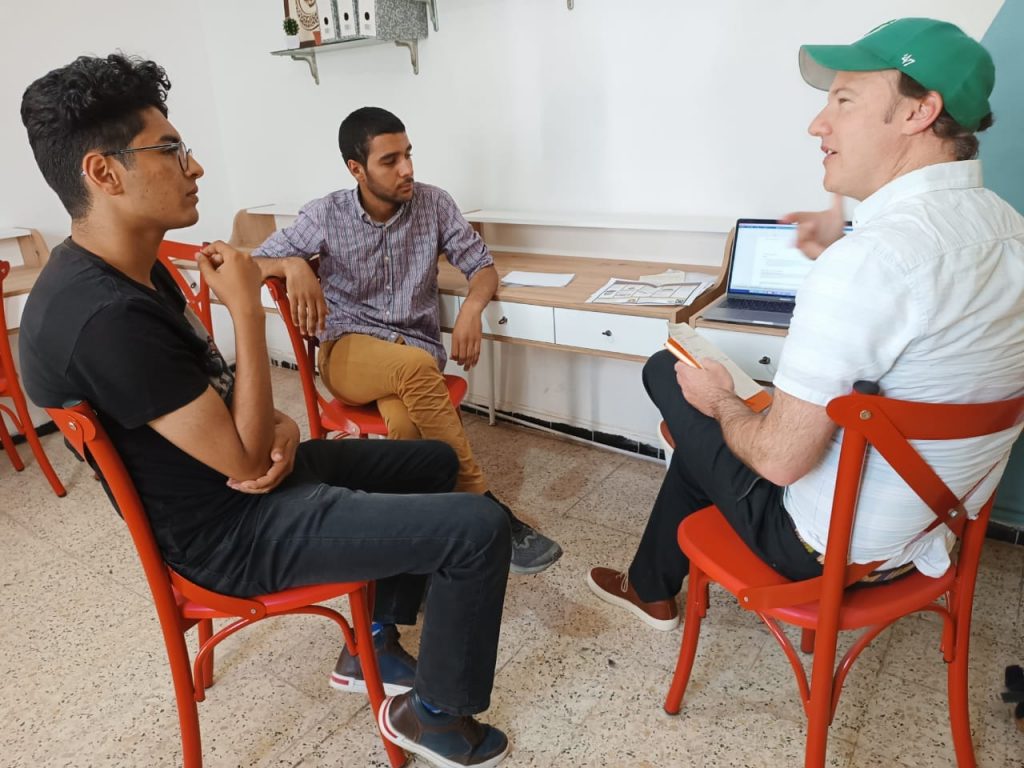
“I got to work one-on-one with entrepreneurs doing great projects ranging from a technology that will reduce electricity consumption, to preserving traditional Tunisian spices through empowering women, to new beauty products created from black fly larvae and leftover coffee grounds,” Barry said.
During his visit from May 13-21, 2022, Barry networked with the entrepreneurs in their OurGhema co-working and co-studying space in Medenine, which hosted the STARTUPI program.
“I fell in love again with the people, the culture, and the food. I can’t wait to come back and keep building global relationships,” said Barry. “For me, meeting such engaging and sweet people makes the world feel hopeful, full of kindness, and that human solidarity and similarities can thrive across borders and culture. Part of Medenine’s beauty is its desert locale, and, interestingly to me, its proximity to the location where they filmed scenes of Tatooine [a fictional desert planet in Star Wars]. I definitely will be back.”
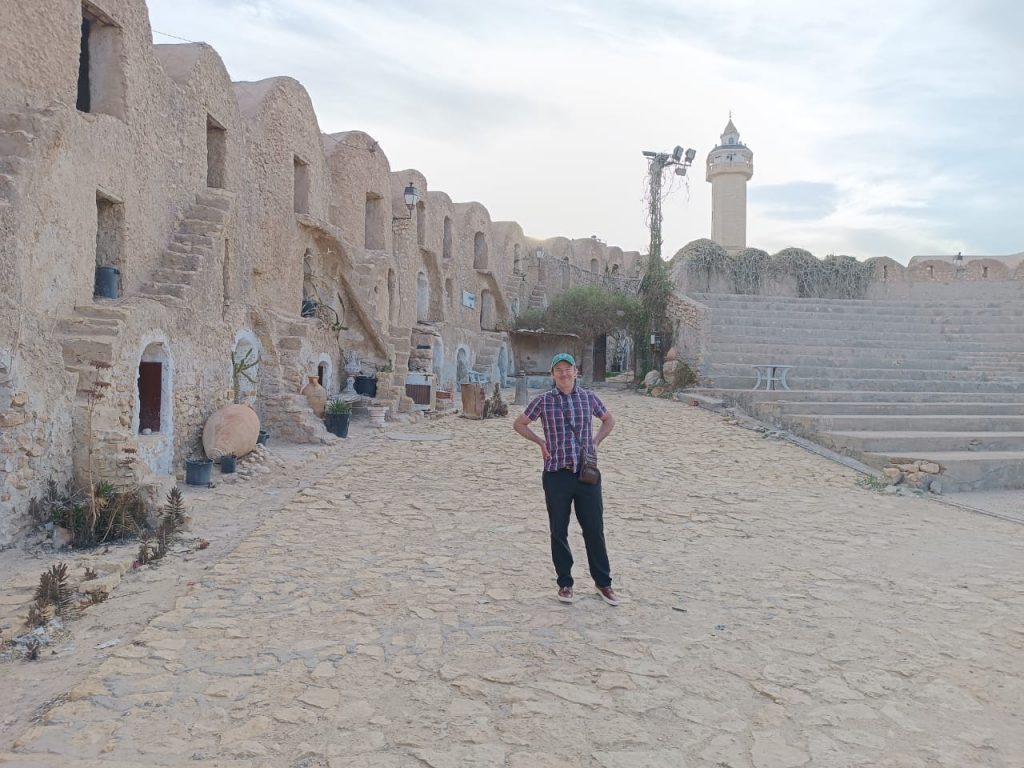
While at the University of Connecticut’s Global Training and Development Institute from 2015-2020, Barry worked closely with the U.S. Department of State’s Bureau of Educational and Cultural Affairs on two programs: the Young Southeast Asian Leaders Initiative, and the Study of the U.S. Institute international programs. His research focused on the impact of communication technologies on development, poverty, politics, and investigating access to the internet as a new emergent human right. Since 2020, he has been with the Center for Public Interest Communications primarily researching the political implications of COVID-19, communication strategies for overcoming vaccine hesitancy, addressing homelessness, and increasing development aid.
He looks forward to a time when he can return to Tunisia. Until then he balances work at the Center with spending time with his wife and young daughter, surfing, playing guitar, and playing basketball again.
Posted: August 18, 2022
Category: College News, Profiles
Tagged as: Center for Public Interest Communications, International, Jack Barry, Social Value

